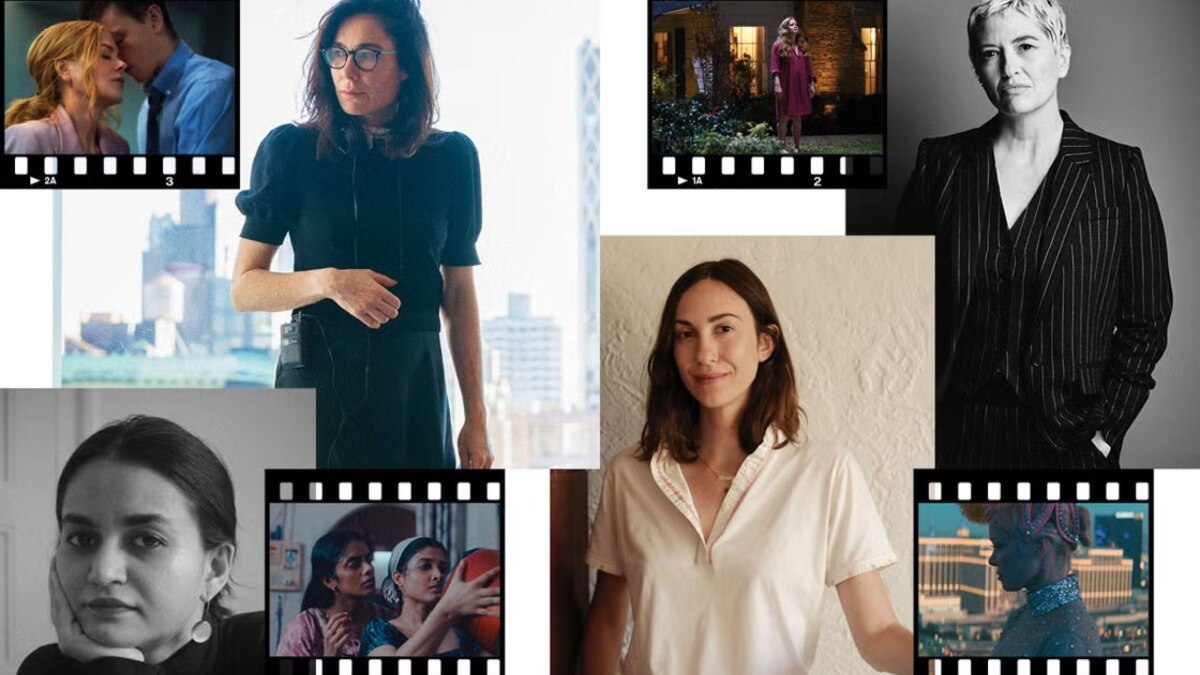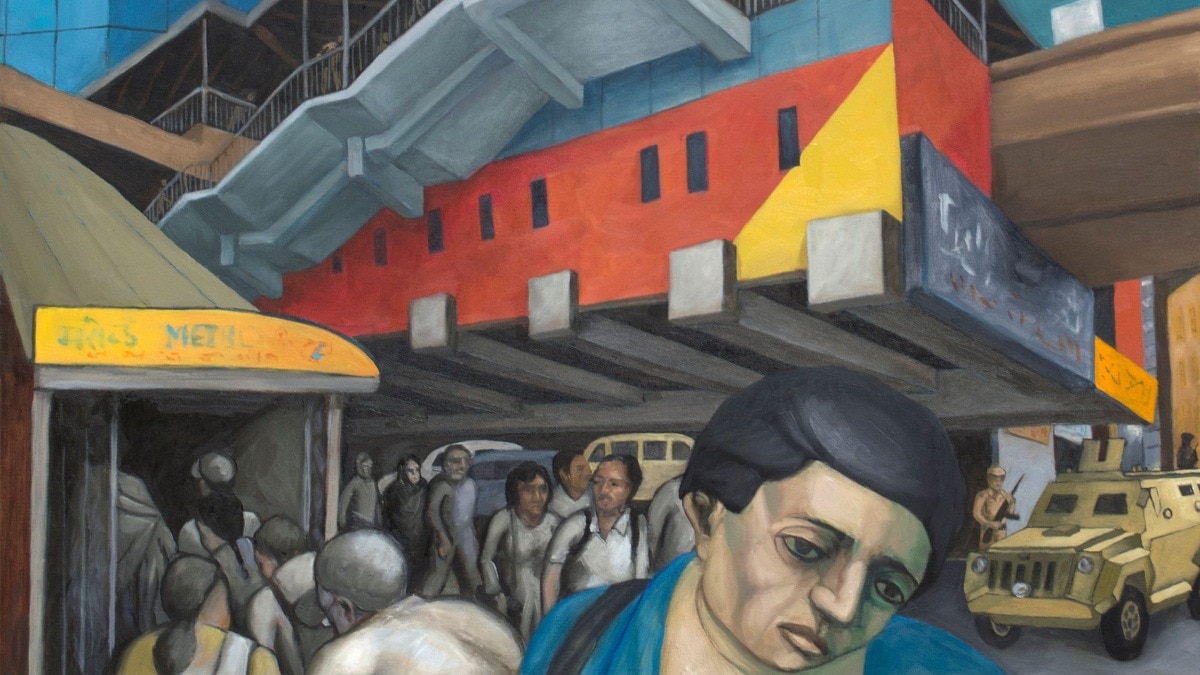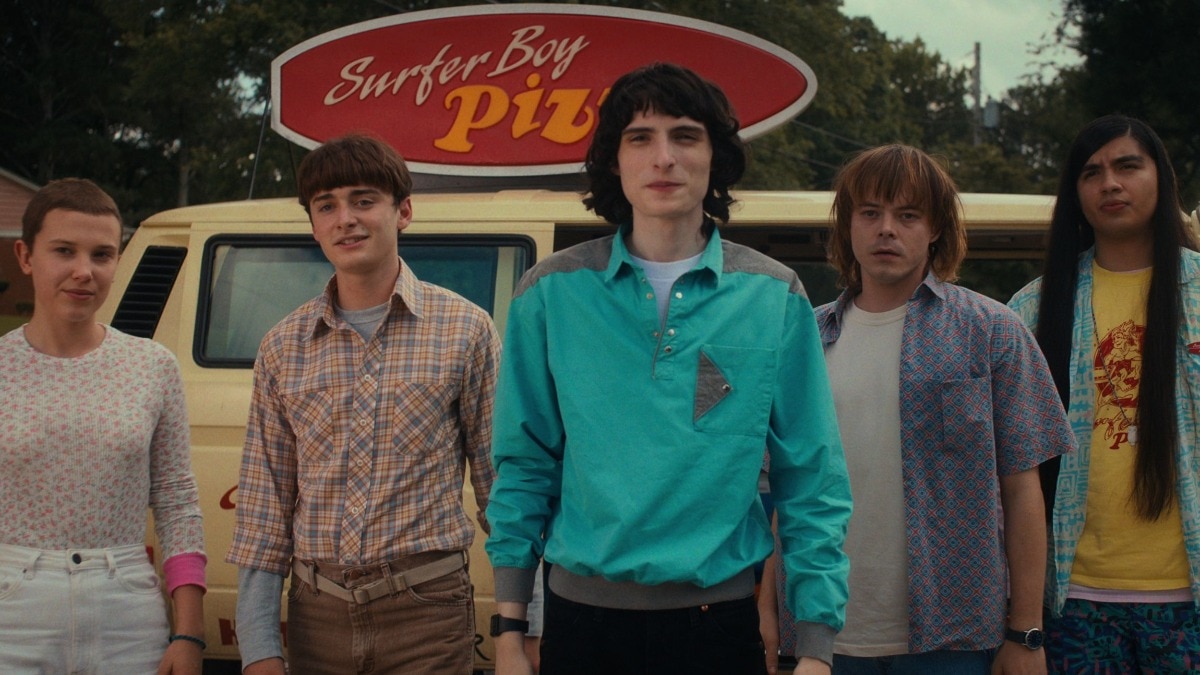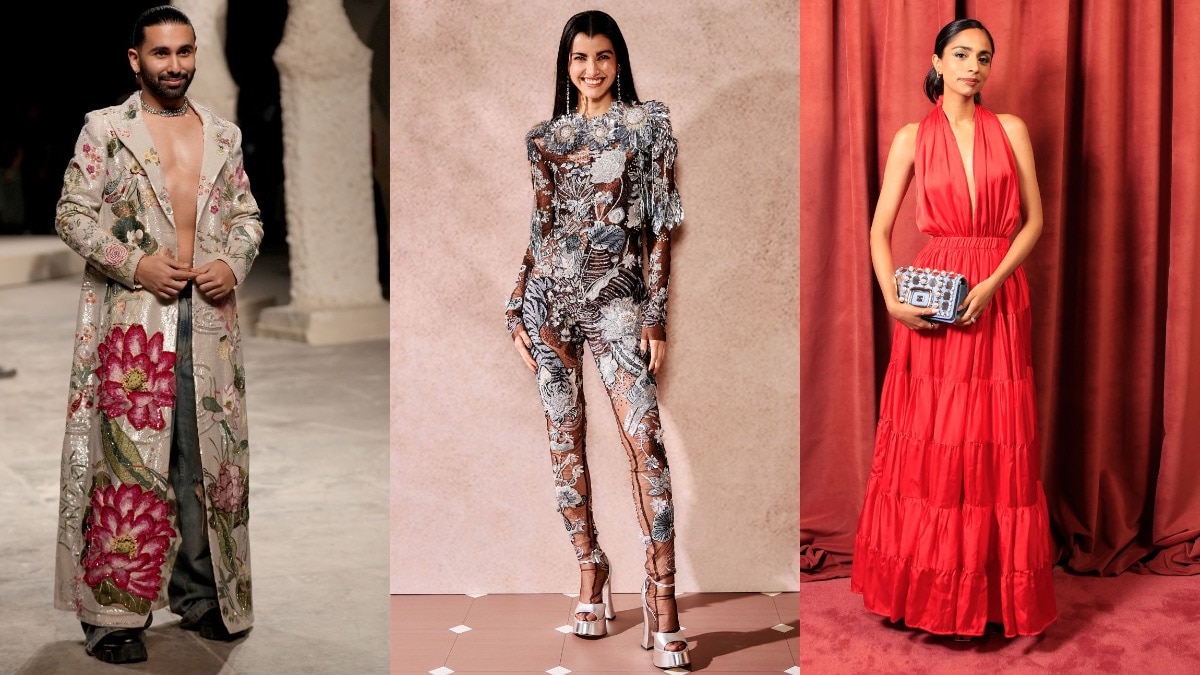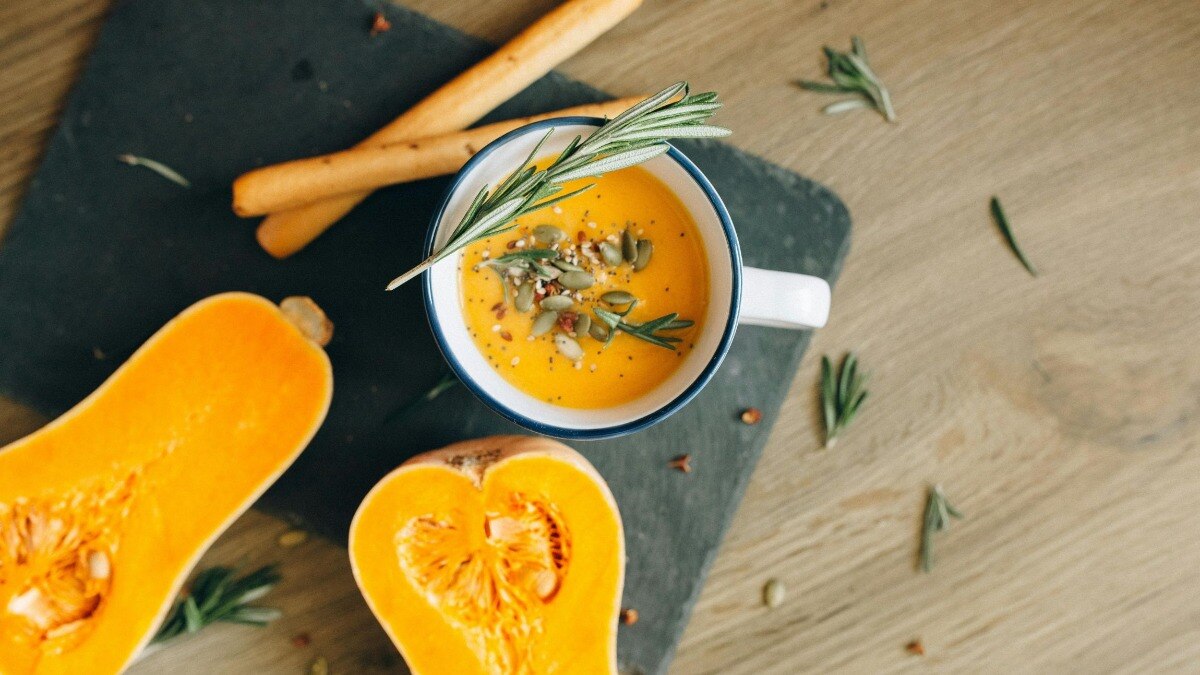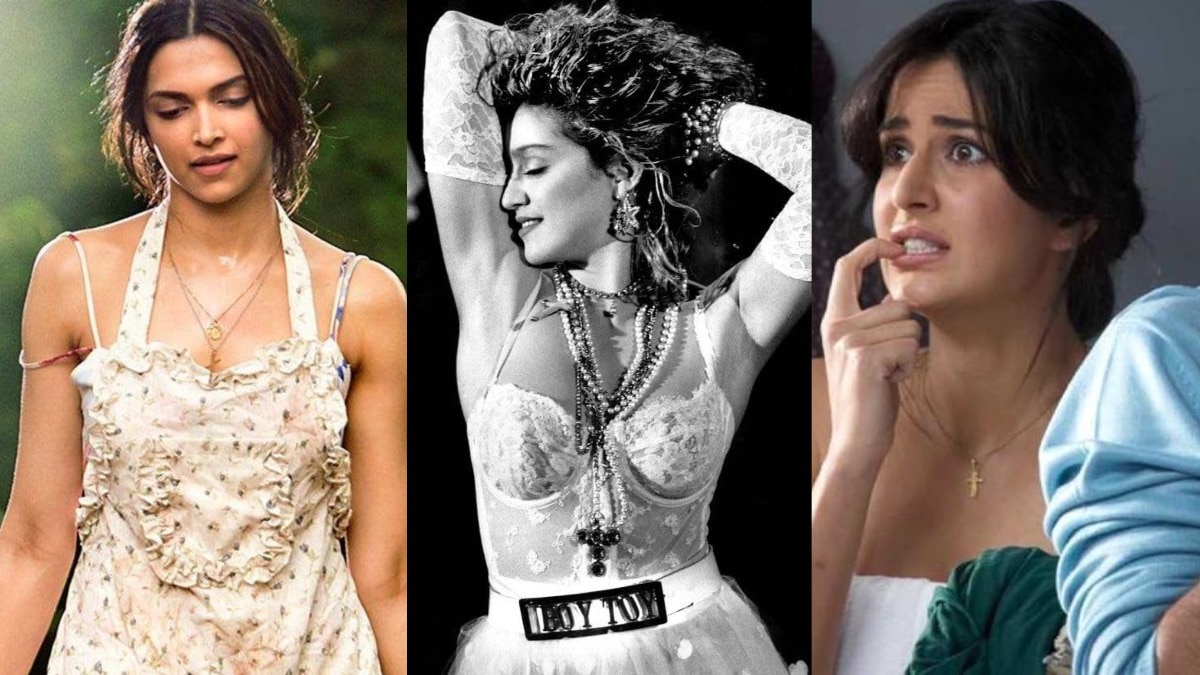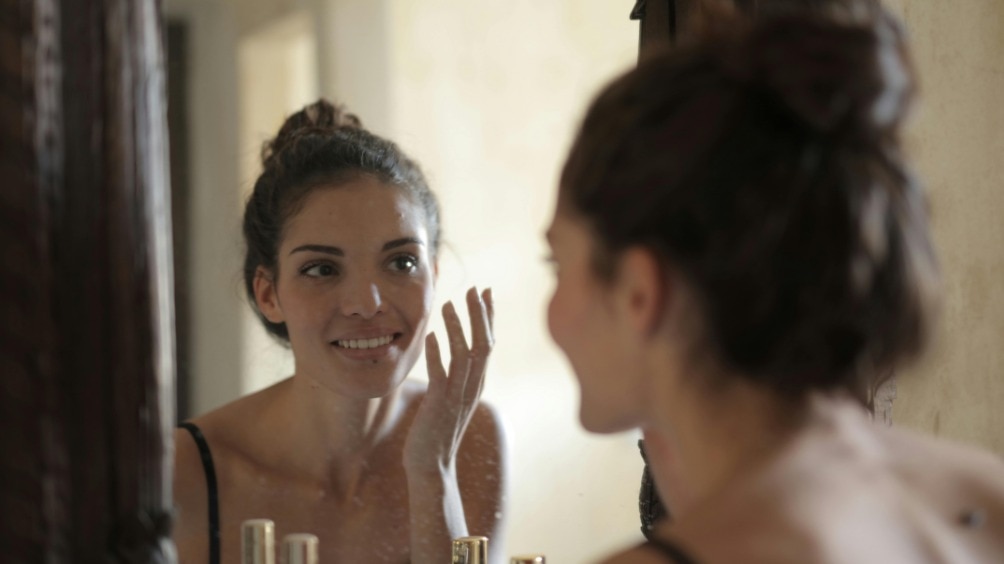Indian Ocean's Rahul Ram on the band's new album 'Tu Hai', exploring new tracks, and spirituality
In an exclusive conversation with Bazaar India, vocalist and composer Rahul Ram, reveals details about coming out with an album after almost 10 years.


If you are a '90s kid or have a keen appreciation for Indie and fusion music, there is a slim chance you wouldn't have heard of Indian Ocean. The five-member band pioneered folk fusion rock in India and has since had a large fan base. If you, like us have missed listening to their music—not that we didn't love them in movies like Masaan and some OTT shows—they released a new album 'Tu Hai' earlier this month. The release comes nearly a decade after their last album 'Tandanu' in 2014.
Rahul Ram, speaks to Bazaar India about the making of the songs, spirituality, and the band's plans.
Harper’s Bazaar: Tell us about your new album, 'Tu Hai'. Since when has it been in the works?
Rahul Ram: We had been recording songs at various studios between January and September last year. And as musicians, we constantly keep composing and recording tracks... For this album, some of the ideas and thoughts we’ve had have been in the works for a while. Some songs in the album took us nearly a decade to give them shape. For instance, Iss Tan Dhan is a song that my father made me listen to as a child, while the basic vocal melody for Jungle was composed back in 1998.
Rebirth is also a relatively old track (2015), and the basic structure of Jaadu Maaya was made in 2014, and Tu Hai was composed in 2018. Initially, we planned on releasing all these songs separately, as singles, but eventually, we decided to launch an album since it would have more weightage and gravitas.”

HB: You are releasing an album after a decade...
RR: I can’t believe it either...it is finally happening. The album 'Tu Hai' was supposed to release in 2020, since most of the songs were recorded by 2019. However, due to the pandemic, we had to put the release on hold. During that period, we composed songs for four films (Masaan, Chakki, Kanpuriye, Chhote Nawab) along with a show called Jugaadistan, and a musical, too.
HB: Your album 'Tu Hai' represents themes of climate change. How important is it to use music to call for social change?
RR: I believe artists are usually at the forefront when it comes to calling for change. For art is a reflection of society. While artists are essential to society, it is important to understand that music and art alone cannot cause social change. However, it spearheads the momentum of change and is an essential impetus.
HB: The song Tu Hai questions the existence of the supreme being. How can one remain spiritual in a modern world?
RR: Spirituality becomes more important in a fast-paced environment, because it allows you to slow down and self-reflect. Otherwise, life will feel empty. Today, people practice spirituality in different ways. Some turn to religion and rituals, while others turn to different methods. But, at the end of the day, it always boils down to trying to become the best person you can be.
HB: The album art is intriguing and has multiple elements. Can you explain what it means?
RR: A few years ago, Priya Brahmbatt sent us an artwork on Facebook... We eventually became friends and she designed the first artwork for the single Akhiyan Udeek Diyan that we released on Times Music in 2016. This time around, we sent her all the songs and Priya effortlessly combined the elements together, and she’s done a brilliant job.
HB: How do you explore new tracks?
RR: We are an old-fashioned jam-band. When we meet, we sit together in a circle with our instruments and explore tunes. Every phrase and beat is composed with love, care, and respect... Maybe that is why it takes us so much time to release an album.

HB: Who are some of your favourite contemporary artists?
RR: I really enjoy listening to the works of Agam and Thaikkudam Bridge. They are constantly evolving, and also compose tracks in different languages. I also like Avail, Motherjane, Parvaaz, and Swarathma.
HB: How do you overcome creative blocks?
RR: Whenever we feel creatively blocked, we keep at it. Sometimes, we return to an idea after days, or even months or years.
HB: How significant is music in your life?
RR: I think music is essential for all five of us. We may have had different careers, but it was our passion that brought us together to produce more music. In fact, if I don’t meet the band for a few days, I feel really restless.
HB: Lastly, what are your future plans?
RR: Currently, we are composing music for a show and three films. We will be on a two-month tour for 'Tu Hai' (April 29 onwards). The band and I hope that we get to tour in South America, as it’s the only inhabited continent we have never performed in.

